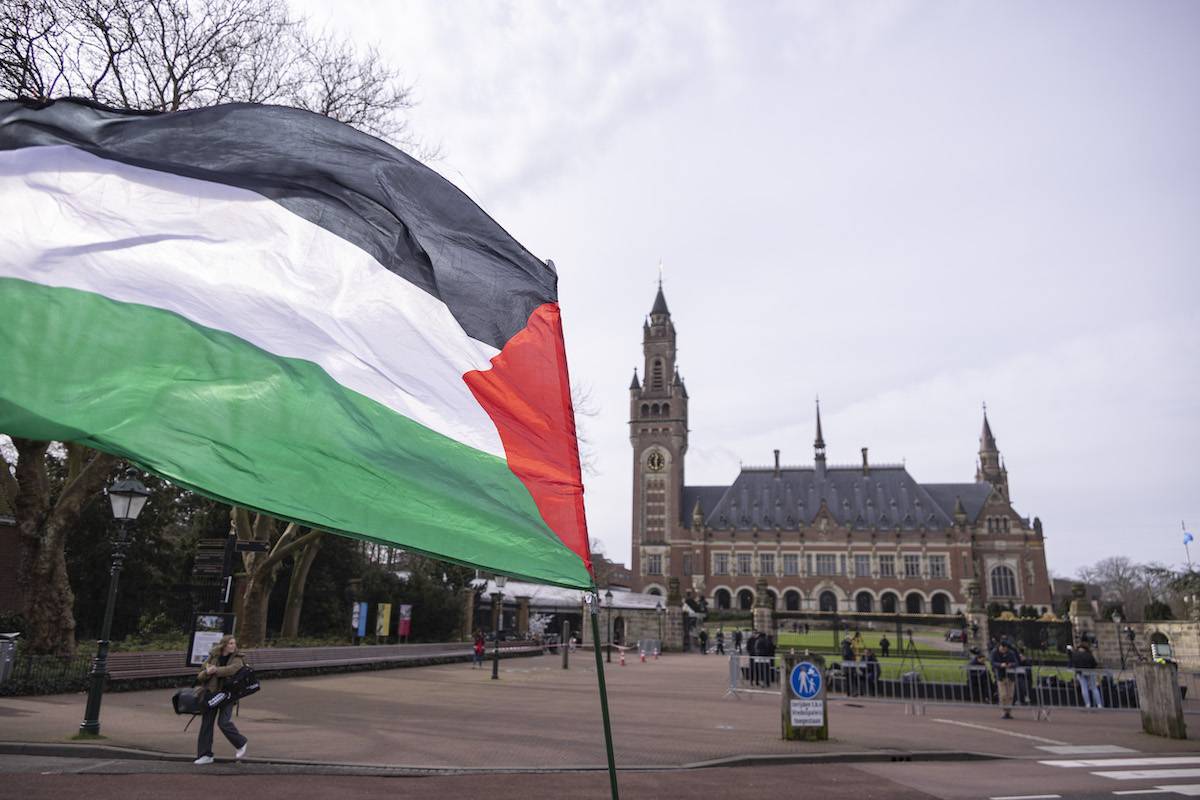After nine months of aggression on Gaza, Israeli assessments agree that it is not like any other aggression launched by the Occupation in recent decades. Perhaps it is because those facing it this time are organisations that are more in number and better coordinated and equipped; a combination that creates a real strategic threat to the Occupation. This is leading to several conclusions, some of which are difficult to accept, but necessary.
Nine months of the Gaza war have proven that the idea of resistance adopted by Hamas and the rest of the Palestinian factions is based on several foundations. The most important of these foundations are waging guerrilla warfare, patience and steadfastness, depleting the occupation’s human and economic resources, depriving it of enjoying a stable fabric of life, damaging its strategic military and civilian goals, neutralising its defences and intelligence using precision weapons, deep coordination between the fronts and accumulating unprecedented international pressure on it, which is gradually pushing it to appear isolated, like someone infected with leprosy.
These principles, and others, prompted large sectors of the Israelis to demand that their army and government stop the war on Gaza. These demands are not out of pity for the Palestinians, nor out of concern for their blood, but because Israelis have become firmly convinced that the war will not lead to the collapse of Hamas, or the release of the kidnapped. In addition, the war’s continuation will increase external threats to the Occupation and the internal divisions that have weakened the state and distracted its attention from existential threats. This reflects the failure of the Israeli strategy in the past months, despite the heavy prices it is paying, whether in terms of soldiers or settlers.
After nine months of war, Israelis have realised that their army is not close to achieving the goals of the war. Rather, they feel the bitter pain of the tragic conditions the entire country is experiencing, amid round the clock accusations and criticism directed at the army and security services due to their failure on the southern fronts with Gaza and the northern fronts with Lebanon.
READ: Israel DM calls for probe into his and PM’s failures on 7 October
It is no longer a secret that Israelis do not believe the slogans claiming the state will soon recover from the failure of 7 October. They believe such slogans are a mere illusion. And talking about the army advancing quickly to attack Hamas and defeat it is nothing but a flawed and false delusion. This is evidenced by the fact that, after nine months of fighting, rockets are still being launched towards settlements in the north and south.
Perhaps the most important thing revealed in the last months of the war in Gaza is that the so-called strongest army in the Middle East is facing a combat organisation in Gaza that has several thousand fighters. This, by itself, is a testimony to the army’s weakness and inability. The theory that Hamas has been deterred has collapsed and the army has not succeeded in destroying it over the past months. This is the largest failure in the history of the army. Instead of discouraging the Hamas movement, it is discouraging the Israelis, who have become scared seeing that they have an exhausted army, afflicted with an inflated ego, devoid of critical thinking and facing unprecedented weakness.
The increasing Israeli voices calling for an end to the Gaza war reveal the extent of the growing anxiety since the Hamas attack on 7 October, considering the failed policy led by the government, which has proven, after almost ten months of war, that it does not accurately read reality. The government is showing arrogance and haste in giving optimistic assessments of the conduct of battles, underestimation of the resistance, difficulty in learning lessons and, above all, poor communication between the military ranks and an absence of a comprehensive vision at the political level and the senior leadership in the army. It has actually been proven that an examination of the operations and decisions that followed the outbreak of war confirms that the fundamental flaws within the state have not been corrected.
Long months of the Gaza war have revealed a complex challenge facing the Occupation, represented by the outbreak of war on multiple fronts. This resulted in corrupt management of the war and produced unbearable results due to the mistaken assessment that Hamas fighters could not do what they had done to the Israelis. This was a big mistake and a flaw of the entire state, which relied on empty slogans such as “our army is the best in the world”, “our intelligence is the strongest in the world” or “we have the best air force in the world”.
In conclusion, increased calls by Israelis to stop the war shows that they are going through a state of uncertainty that their state would continue to exist. This is evident through the fact that more than 90 per cent of them said in October 2023 that the army would defeat Hamas in the war, but now, in July 2024, only 61 per cent believe so. This means that almost 40 per cent of Israelis have no confidence in the possibility of victory. This is a humiliating percentage that has no parallel in the history of the state and reflects a deep lack of confidence in its future.
READ: 40,000 Israeli companies have closed since October
The views expressed in this article belong to the author and do not necessarily reflect the editorial policy of Middle East Monitor.

![Israeli protestors hold placards that say 'Stop this war now' and 'Stop now, protect ALL lives' during the demonstration in Tel Aviv, Israel on 6 July 2024 [Matan Golan/SOPA Images/LightRocket via Getty Images]](https://i0.wp.com/www.middleeastmonitor.com/wp-content/uploads/2024/07/GettyImages-2160463270-scaled-e1720795279805.jpg?fit=920%2C613&ssl=1)







